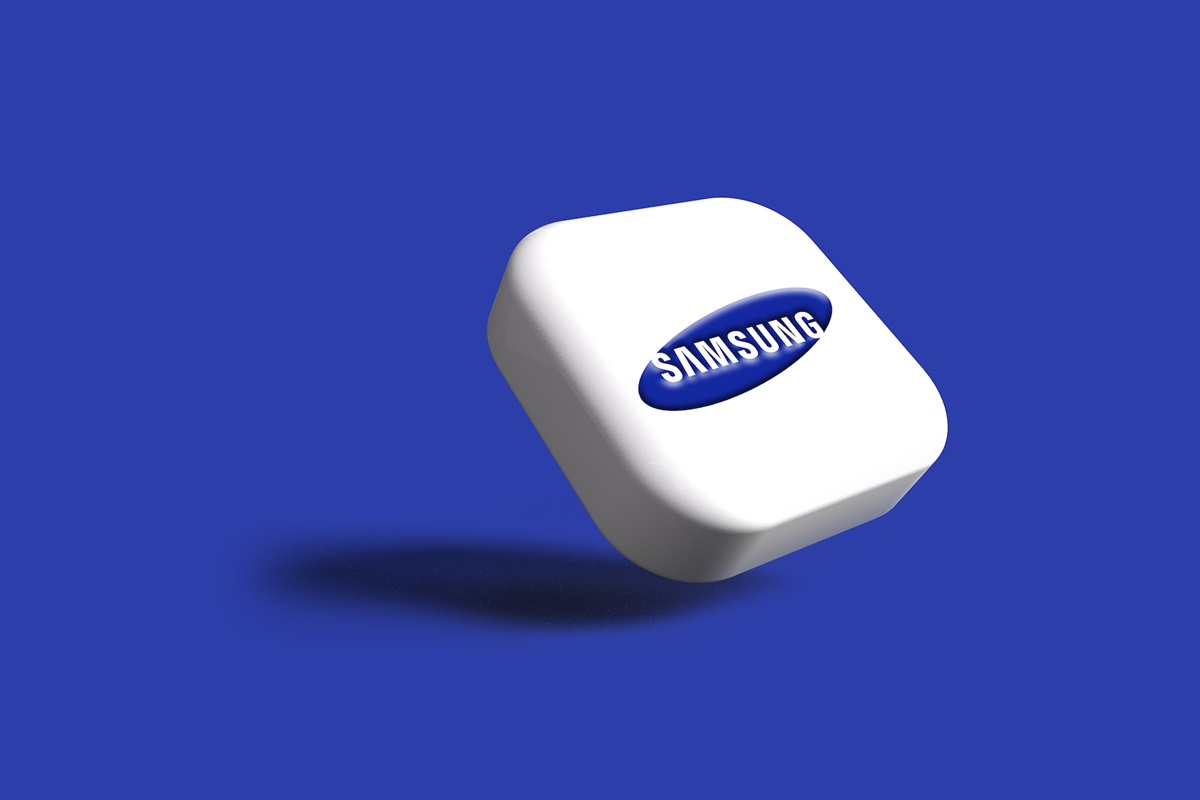Samsung Electronics Co. recorded a decline in operating profit for the sixth consecutive quarter.

The mentioned result of the specified company is a reflection of weak consumer demand for products related to the electronics category. Also, the decrease in Samsung’s operating profit is a kind of signal of a high level of uncertainty regarding the prospects for the beginning of a positive dynamic in the technology sector in terms of commercial performance. The result of this company can be described as an illustrative example since it is a large manufacturer with a large share in the global electronics market.
For the fourth quarter of 2023, Samsung’s operating profit was 2.8 trillion won ($2.1 billion). This figure is 35% lower than the result for the same period in 2022. Also, the company’s operating profit for the fourth quarter of last year turned out to be significantly worse than preliminary expectations. Analysts predicted that this figure would be 24% higher, but the real result is disappointing.
The company’s revenue for the fourth quarter of 2023 was fixed at 67 trillion won. This figure is 4.9% lower than the result for the same period in 2022.
The media reports that in 2023, Samsung’s economic performance turned out to be the worst in the last 15 years.
Currently, global consumer demand for memory chips and smartphones, which can be described as something like the foundational products in the modern electronics sector, is at a low level. This state of affairs is because in the macroeconomic environment, there is no certainty as to which trends in this space will be the main ones in the future and whether these processes will be positive. Against the background of a lack of understanding of the prospects, the likelihood that 2024 will be a year of recovery is decreasing. For this reason, investors do not have confidence in the future, which significantly constrains their activity.
At the same time, Samsung’s competitor, Micron Technology Inc., published an optimistic revenue forecast in December. This company’s vision of its future in terms of the dynamic of economic performance turned out to be better than analysts’ expectations. The firm predicts that the implementation of data center construction projects will allow it to compensate for weak demand in the mobile device and computing markets.
Tom Kang, director of research at Counterpoint Technology Market Research, says that the recovery process in the mentioned markets has a pace that is below preliminary expectations. The expert also noted a moderate price increase in these commercial spaces. According to experts, the growth in the cost of products turned out to be lower than expected.
In October, Samsung predicted that the memory chip market, which has a financial volume of $160 billion, will demonstrate a dynamic of the recovery in 2024. Within the framework of this vision of the prospects of the mentioned commercial space, the company proceeded from the belief that developments in the sphere of artificial intelligence, the number of which is rapidly increasing, will contribute to the activation of the specified microcircuits market. This forecast does not meet the current expectations of experts, who no longer perceive 2024 as a period of global improvement.
After the news about the operating profit indicator, Samsung’s share price fell by 2.4% in Seoul on Tuesday, January 9.
Sanjeev Rana, an analyst at CLSA Securities Korea Ltd, said the company’s disappointing results were partly due to low utilization in the microcircuits foundry. He also noted that Samsung’s consumer electronics unit faced increased competition and rising marketing costs. Separately, the analyst said that the company’s profit from smartphone manufacturing and sales activities was probably lower than analysts’ expectations.
But in the space of gloomy prospects and to some extent oppressive uncertainty, there are some preliminary hints that the future may be better than current forecasts. For example, in November, South Korea’s semiconductor industry saw the largest increase in production and supply of products in recent years. Sanjeev Rana admits the possibility that, against the background of the rising cost of memory chips and the recovery in demand, which after all exists, despite the too-slow pace of the corresponding dynamic, Samsung’s business of making microcircuits will return to profitability in the first half of 2024.
Investors are currently interested in learning about the mentioned company’s long-term plans for financing projects within its activities, especially initiatives related to artificial intelligence. Samsung is expected to provide relevant information by the end of January. The company is interested in catching up with its competitor SK Hynix Inc. in the expanding sphere of memory chip manufacturing. The product line of this brand includes HBM, an advanced microcircuit, which has a high speed and is compatible with Nvidia Corp. accelerators to provide the maximum level of intensity for solving tasks such as training artificial intelligence models.
Hynix chief executive Kwak Noh-Jung told reporters that he expected the demand for AI to double the market value of this company within three years.
Bloomberg Intelligence analysts Masahiro Wakasugi and Phu Pham suggest that Samsung may have to increase its market share of artificial intelligence chips to grow profits in 2024. The company also hopes that the new line of devices, which is scheduled to debut in the current year, will allow it to achieve improved commercial performance.
Cory Johnson, chief market strategist at Futurum Group, says Samsung has succeeded in semiconductor manufacturing, but yields of the firm are worse than many competitors.
As we have reported earlier, Samsung Previews New Smartphone.









